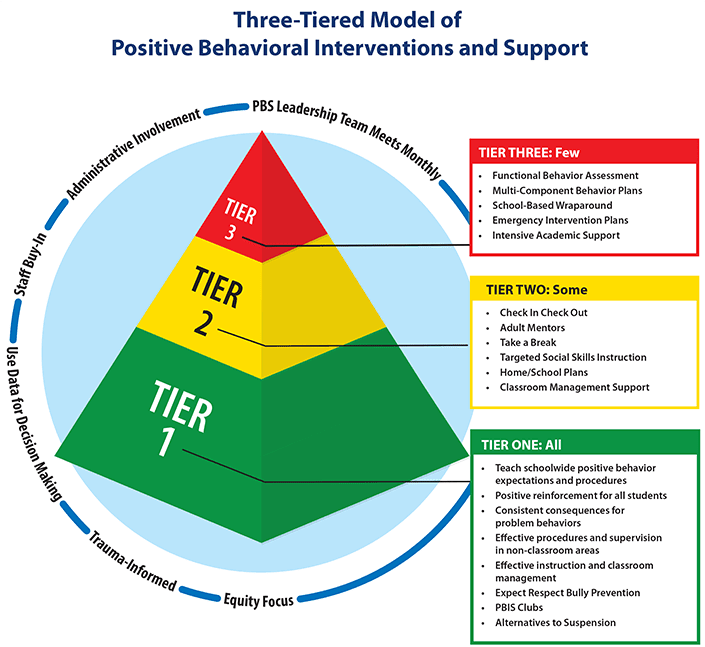Proactive and Reactive Interventions
Proactive Interventions
Proactive preventative and proactive developmental strategies are key to improving wellbeing and quality of life, and reducing all forms of restrictive practices, including physical restraint. These are designed to address personal and environmental conditions to ensure people have their needs properly met.
When adults and children have their needs understood and better met behaviours of concern are much less likely. A natural consequence of this is reductions in restrictive practices.
Reactive Strategies
However, we fully understand that there may be occasions when people do still become distressed. For this reason, we have a range of service specific de-escalation modules. These equip staff with the knowledge and skills to enable them to quickly help a child or adult who is becoming distressed to regain their equilibrium and thus avoid distress spiralling into crisis.
NARS are de-escalation strategies that can be effective even at the most heightened stages of arousal. Their sole purpose is to abruptly neutralise the impact of the driver for the distress and enable staff to avoid the use of physical restraint (e.g., Attentional shift, strategic capitulation, redirection to preferred items, redirection to obsessive/compulsive behaviours).
Reactive Strategies
We also have a range of physical restraint and breakaway techniques that may be used as a last resort. Organisations can rest assured of the most stringent application of the principles of least restriction and social validity in the formulation and teaching of these skills.
SWPBIS
What is SWPBIS
SWPBIS is a school specific evidence-based approach to behaviour support. It is a tiered framework meeting the needs of all students through the construction of a continuum of support for students and staff. There are 3 tiers to the continuum (see figure 1 below).
SWPBIS a model anchored to proactive preventative and proactive developmental strategies. A broad range of low arousal de-escalation strategies, for the management of crisis level behaviours are also taught. Appropriate physical restrictions may also be taught where an assessment indicates the necessity. Uniquely In SWPBIS, strategies are linked to known functions of behaviour, this is proven to improve efficacy.
SWPBIS has been proven to improve wellbeing and behaviour, reduce restrictive practices, minimise exclusions and administrative referrals, and enhance academic performance (Is school-wide positive behavioral interventions and supports (PBIS) an evidence-based practice?)
This evidence base provides us with a high degree of certainty that we are providing your staff with the knowledge, skills and confidence that are proven to provide positive outcomes for every stakeholder in your school community.
Why SWPBIS?
SWPBIS is an evidence-based approach to behaviour support within school-based settings. It has been demonstrated to improve wellbeing and behaviour, reduce restrictive practices, minimise exclusions and administrative referrals, and enhance academic performance.
Drawing heavily from Positive Behaviour Support (PBS) informed approaches SWPBIS moves schools towards a model anchored to primarily proactive preventative and proactive developmental strategies. In addition, a broad range of low arousal de-escalation strategies, including non-aversive reactive strategies (NARS) for the safe situational management of crisis level behaviours are also taught. Appropriate physical restrictions may be included in your training package subject to a training needs analysis to ensure your staff are skilled up to the appropriate level. Uniquely In SWPBIS, strategies are linked to known functions of behaviour, this is proven to improve outcomes.
SWPBIS recognises every school and classroom will consist of a group of individual pupils that will represent a broad range of experiences and needs. This may give rise to behaviours that present teachers and school-systems with varying degrees of challenge.
The behavioural needs of most students (particularly in mainstream schools) can be met by broad based proactive school wide strategies (Fig 1., Tier 1).
However, a smaller group of students may exhibit behaviours of concern that are having a more significant impact on their wellbeing and educational outcomes. For a variety of reasons, Tier 1 strategies don’t meet their needs. Quite often this will include pupils affected by past trauma and neglect or those with additional learning needs.
These students require more targeted interventions and a more individualised approach to the meeting of their needs. A more therapeutic, trauma informed disposition is required of teachers. Such an approach will engage teacher empathy and curiosity in understanding behaviour within its wider context of environmental, biological and psycho-social influences. Some students will require a formal functional assessment (Figure 1., Tier 3), this will then form the basis for an individual multi-elemental behaviour support plan. SWPBIS provides both the templates and the toolkit to facilitate this.

Outcomes
The outcomes from SWPBIS include Improved wellbeing and behaviour, reductions in restrictive practices, reductions in exclusions and administrative referrals, and enhanced academic performance.
Get in Touch With Us
We'd love to hear from you! Feel free to get in touch with any questions, comments, or inquiries you may have. We'll get back to you as soon as possible.
Please use the contact form below
or
Telephone: 086 037 8168
or
email: [email protected]
